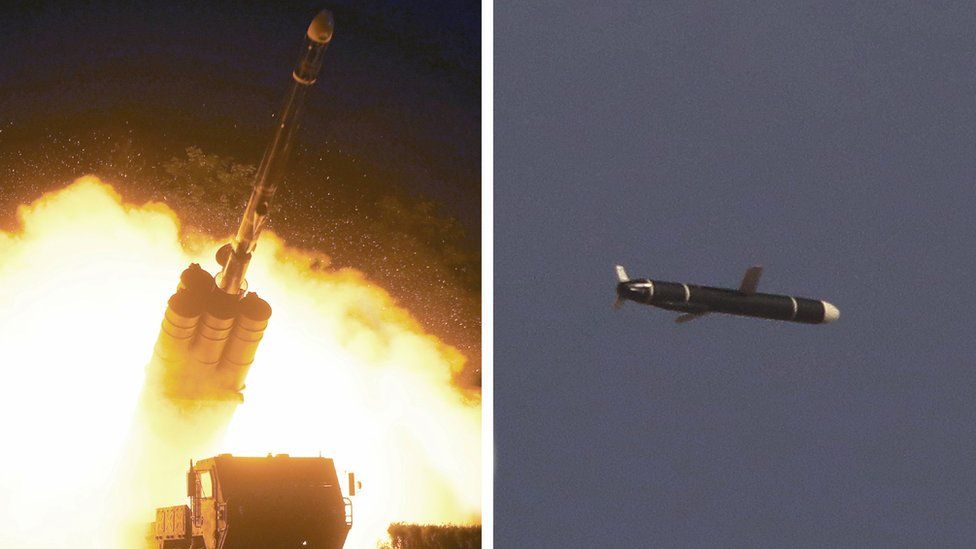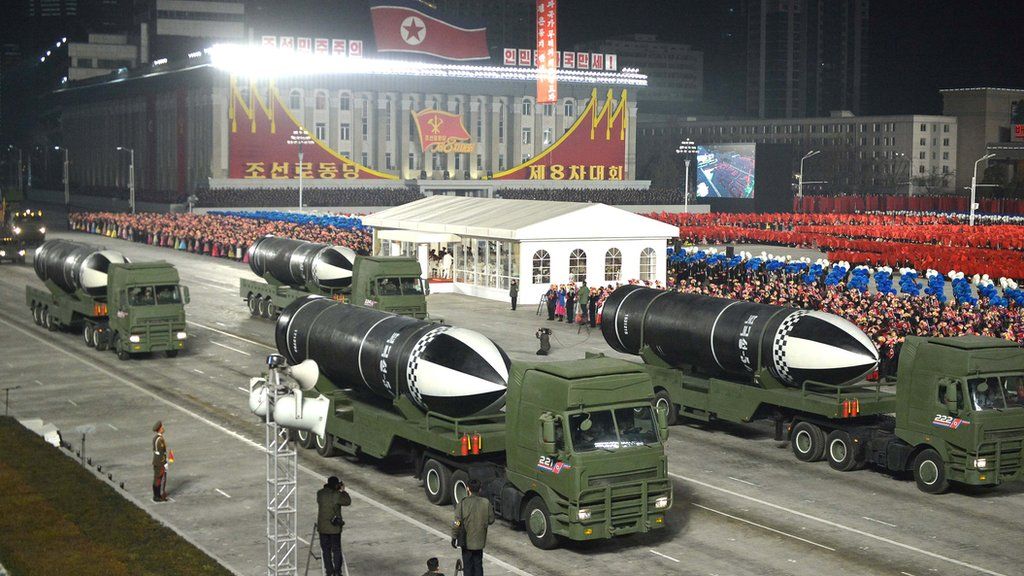Crazy when documents eventually surface that tell a very different story than we were told by so many within the Biden administration. Hat tip to the Washington Post for this…hardly believe I can even write that.
Note that some State Department personnel were intoxicate….drunk. And also note what is not in this report….all things CIA that had a huge footprint in country. source
source
An Army investigative report, numbering 2,000 pages and released to The Washington Post through a Freedom of Information Act request, details the life-or-death decisions made daily by U.S. soldiers and Marines sent to secure Hamid Karzai International Airport as thousands converged on the airfield in a frantic bid to escape.
Beyond the bleak, blunt assessments of top military commanders, the documents contain previously unreported disclosures about the violence American personnel experienced, including one exchange of gunfire that left two Taliban fighters dead after they allegedly menaced a group of U.S. Marines and Afghan civilians. In a separate incident a few days later, U.S. troops killed a member of an elite Afghan strike unit that had joined the operation and wounded six others after they fired on the Americans.
The investigation was launched in response to an Aug. 26 suicide bombing just outside the airport that killed an estimated 170 Afghan civilians and 13 U.S. service members. But it is much broader, providing perhaps the fullest official account yet of the evacuation operation, which spanned 17 nightmarish days and has become one of the Biden administration’s defining moments — drawing scrutiny from Republicans and Democrats for the haphazard nature in which the United States ended its longest war.
Military personnel would have been “much better prepared to conduct a more orderly” evacuation, Navy Rear Adm. Peter Vasely, the top U.S. commander on the ground during the operation, told Army investigators, “if policymakers had paid attention to the indicators of what was happening on the ground.” He did not identify any administration officials by name, but said inattention to the Taliban’s determination to complete a swift and total military takeover undermined commanders’ ability to ready their forces.
Vasely could not be reached for comment.
The report includes witness statements from dozens of people interviewed after an Islamic State-Khorasan operative detonated a suicide vest at the airport’s Abbey Gate. Senior defense officials announced Friday that the investigation had determined that a single bomb packed with ball bearings caused “disturbing lethality” in the tightly packed outdoor corridor leading to the airfield.
The operation evacuated 124,000 people before concluding about midnight Aug. 31. It required U.S. commanders to strike an unusual security pact with the Taliban and rapidly deploy nearly 6,000 troops to assist a skeleton force of about 600 left behind under Vasely’s command to protect U.S. Embassy personnel. U.S. officials have lauded the effort, but critics have said that although U.S. troops performed heroically, the evacuation was flawed and incomplete, leaving behind hundreds of Americans and tens of thousands of Afghans who supported the war effort and were promised a way out.
John Kirby, the Pentagon’s chief spokesman, said in response to questions about the report that while the airlift was a “historic achievement,” Defense Secretary Lloyd Austin has acknowledged it was “not perfect.”
“We are committed to, and are intensely engaged in, an ongoing review of our efforts during the evacuation, the assessments and strategy during the conflict, and the planning in the months before the end of the war,” Kirby said. “We will take those lessons learned, and apply them, as we always do, clearly and professionally.”
Marine Gen. Kenneth “Frank” McKenzie, chief of U.S. Central Command, said in an interview Tuesday that he was “not surprised” commanders had different opinions about how the evacuation could have gone better.
“But remember,” he said, “what did happen is we came together and executed a plan. There are profound frustrations; commanders, particularly subordinate commanders, they see very clearly the advantages of other courses of action. However, we had a decision, and we had an allocation of forces. You proceed based on that.”
There “might have been other plans that we would have preferred,” the general added, “but when the president makes a decision, it’s time for us to execute the president’s decision.”
Military officials told investigators that although the evacuation was in many ways cobbled together on the fly, planning within the Defense Department began months earlier. Initial discussions presumed the possible use of Bagram air base, a sprawling U.S. military installation 30 miles north of Kabul, and assistance from Afghan government forces to help secure the path there, Marine Corps Brig. Gen. Farrell J. Sullivan, who was involved in planning and oversaw the Marines sent into the capital, told investigators. Those plans evolved from incorporating both airfields to “just HKIA,” the Marine general said, using the military’s shorthand for Hamid Karzai International Airport.
U.S. officials have said previously that the decision to turn over Bagram to the Afghan government was made because it was deemed too far outside Kabul, where the majority of evacuees were expected to be, and because it would have required a significant number of U.S. troops.
“Everyone clearly saw some of the advantage of holding Bagram,” McKenzie said Tuesday, “but you cannot hold Bagram with the force level that was decided.”
Disagreement between U.S. military officials and American diplomats in Kabul about when to press forward with an evacuation appears to have gone back months. Vasely, who took command as the top officer in Afghanistan in July, said he was told by the departing four-star commander, Army Gen. Austin “Scott” Miller, that there would be opposition among senior officials at the embassy to shrinking its footprint in Kabul.
Ross Wilson, the acting U.S. ambassador to Afghanistan, was focused on maintaining a diplomatic presence there, Vasely said, and questioned how the United States was supposed to preserve its influence without an embassy, the admiral added.
Wilson did not respond to requests for comment.
Vasely told investigators that he was advised by embassy staff that he should provide those close to the acting ambassador with data illustrating the country’s rapid collapse to the Taliban, “so it could be sold as a collective approach and not a power grab by DoD.”
Wilson wanted two weeks to evacuate the embassy and leave a skeleton staff at the airport, military officials said. But by Aug. 12, three days before Kabul’s fall, Secretary of State Antony Blinken and White House national security adviser Jake Sullivan called Wilson and instructed him to move more quickly, Vasely told investigators.
Vasely “was trying to get the Ambassador to see the security threat for what it really was,” said another military official, whose name is redacted from the report. As many as 10 government-controlled districts were falling to the Taliban daily, this official noted, adding, “The embassy needed to position for withdrawal, and the Ambassador didn’t get it.”
By mid-July, Sullivan, the senior Marine officer involved in planning the evacuation, wanted to stage supplies to host 5,000 evacuees at the airport, but his effort was complicated because he was not permitted to discuss the possibility of a full-scale evacuation with anyone other than British officials, he told investigators. Other U.S. military leaders, whose names were redacted from the report, said there were fears among administration officials that if the United States, by raising alarm, inspired other governments to quickly leave Afghanistan, it would accelerate the central government’s demise.
The Marine general told investigators that trying to engage the embassy in discussions about an evacuation was “like pulling teeth” until early August. “After that,” he said, “it became more collaborative.”
A spokesman for Sullivan referred questions to McKenzie.
During an Aug. 6 meeting, a National Security Council official, who is not identified in the report, appeared to lack a sense of urgency and told others involved that if the United States had to execute an evacuation, it would signal “we have failed,” Brig Gen. Sullivan recalled. “In my opinion, the NSC was not seriously planning for an evacuation,” he said.
The White House declined to comment.
National Security Council officials convened meetings in July and early August to discuss embassy security in Kabul and assess whether the Taliban’s advance met previously identified benchmarks for taking further action, a person familiar with the situation said. Like some others who discussed the investigation’s findings with The Post, this person spoke on the condition of anonymity because the issue remains highly sensitive.
On Aug. 9, three days after the first provincial capital fell to the Taliban, Biden’s advisers convened meetings to discuss whether to begin closing the embassy, but senior officials unanimously decided it was still premature, the person said.
Another senior administration official on Monday defended how the State and Defense departments coordinated to execute Biden’s decisions. The State Department “steadily drew down our diplomatic presence in Kabul starting in April 2021, nearly four months before the fall of Kabul, when the Embassy went on ‘Ordered Departure’ status,” the official said.
The official declined to address criticism from senior military officials that the State Department showed a lack of urgency initially, but said the U.S. government “swiftly and nimbly” assembled a network of nearly two dozen overseas locations that hosted tens of thousands of Afghans, while also working to ensure “they’d pose no security or health threat” to American communities before being resettled in the United States.
By Aug. 14, Vasely believed Afghan President Ashraf Ghani’s government would collapse, he told investigators. The United States carried out 10 airstrikes against the Taliban that day 10 miles south of Kabul, killing about 100 fighters, but it did not halt its advance.
“We were killing them in bunches, destroying tactical vehicles, and they kept coming,” he said.
After word spread the next day that Ghani had fled the country, the airfield in Kabul descended into chaos, as thousands of desperate people sought a flight out. One medical officer interviewed by investigators compared the atmosphere that week to “Lord of the Flies,” the classic book in which teenagers stranded on an island fail to govern themselves. Several military officials recalled U.S. Marines coming under fire that night by Taliban fighters, and the Marines, in turn, killing two.
Army Maj. Gen. Christopher Donahue, who arrived after the collapse and oversaw airfield security, recalled that early discussions with the Taliban were tense.
“We told them that we would control the gates and they would push people out,” said Donahue, commanding general of the 82nd Airborne Division. “We expressed that they will comply, because if they fight us on this we would be able to kill more of them than they would ever hope to kill of us. After that their tone changed.”
At the embassy, U.S. troops went room to room on Aug. 15, pressing people to meet deadlines and get ready to go, an Army officer from the 10th Mountain Division told investigators. Some State Department personnel were “intoxicated and cowering in rooms,” and others were “operating like it was day-to-day operations with absolutely no sense of urgency or recognition of the situation,” the officer said.
An administration official said they had not previously heard that allegation. “Were there any truth to it, we presumably would not be learning of it six months after the fact,” the official said.
The mission eventually hit a rhythm in which thousands of people were screened and allowed to enter the airport each day to board outbound flights. But it remained dangerous.
>>>
Four Afghans were crushed to death in the first four days, and U.S. troops remained concerned that crowds could break open a gate and riot, service members recalled to investigators. A Marine officer reported that a stun grenade used for crowd control killed a civilian, an incident that should be further examined, the report says.
Between 40 and 50 people were detained each night after jumping fences, the report says.
Sullivan, the Marine general, told investigators that there were changing expectations about how many people associated with Afghan paramilitary units aiding the evacuation needed to be taken out of the country. He initially thought it was 6,000 people — including strike unit members and their families — but later learned the correct number was about 38,800, and advised that it would be wise for the military to request commercial airline help through the Civil Reserve Air Fleet to increase overall flights.
Additionally, U.S. troops were overwhelmed with thousands of requests from the White House, Congress and as far as the Vatican to locate and rescue specific people in the crowd, including some who would not otherwise have been eligible for the evacuation.
The bombing on Aug. 26 set off a scramble to save as many people as possible, but there was little the on-site medical personnel could do for those who died, they told investigators. The survivors relied on tourniquets and other first-aid equipment to help anyone they could, the report says.
Officials said on Friday that, in addition to the 13 service members who died, another 45 were wounded in the blast, with some suffering brain injuries that surfaced later.
On Aug. 29, an errant U.S. drone strike killed 10 Afghan civilians, including seven children. Top Pentagon officials initially justified the attack, saying they believed it had targeted another would-be suicide bomber. The victims included an aid worker and several members of his family.
Sullivan, the Marine general, suggested that those tense final days of the war in Afghanistan would have a lasting impact on those exposed to danger. Commanders, he suggested, should stay vigilant and watch for any further fallout.
“I am not particularly soft, as adversity comes with our duties,” he said, “but this was an extremely challenging situation.”






 Missiles on display at a January 2021 military parade
Missiles on display at a January 2021 military parade
